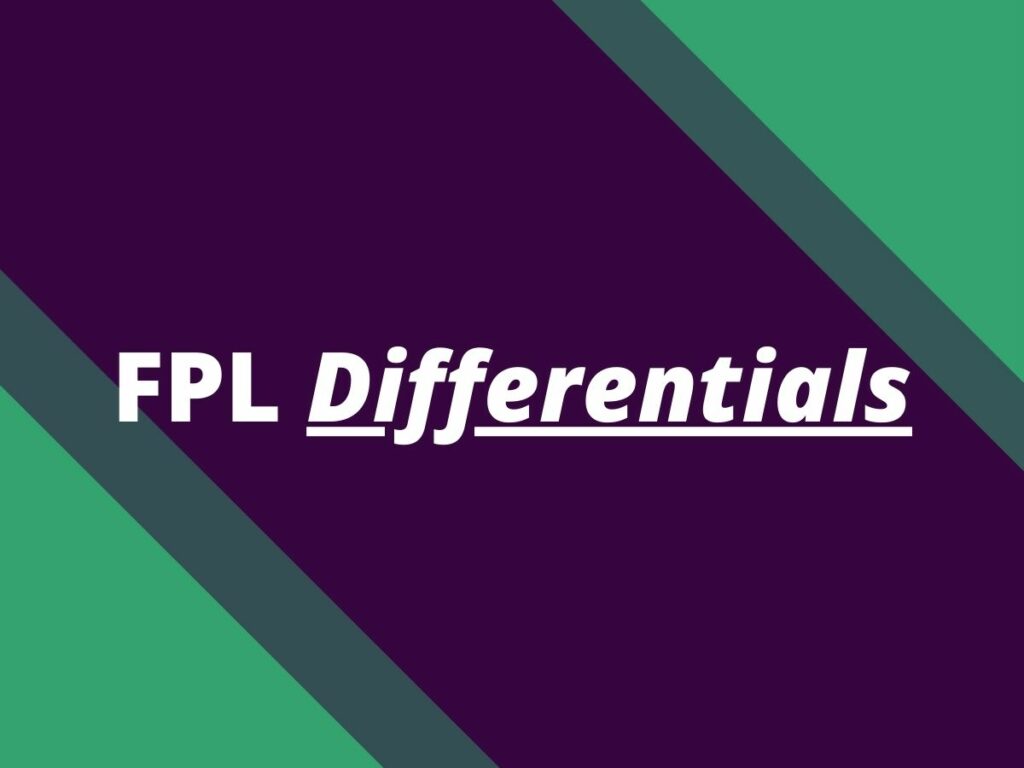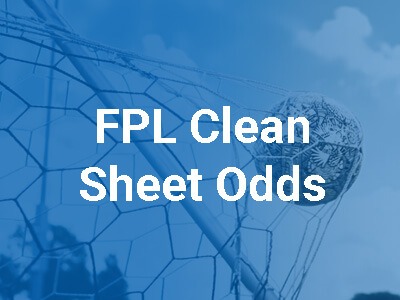In this article, we will look at the potential differential picks for your Fantasy Premier League team for Gameweek 22 in the 2024/25 season.
Read more about GW22 in our guide: FPL Gameweek 22 Tips, Captain, Transfer Targets & Team Selection
Best differentials for FPL Gameweek 22: Our Watchlist
Phil Foden – 7.9/10
Foden’s 3.8 points per game might not grab attention, but his 0.63 expected goal involvements per 90 and -1.94 xGI difference indicate he’s been more unlucky than ineffective. This makes him an intriguing differential for Gameweek 22, where he faces Ipswich away (2.29 next fixture difficulty), a fantastic opportunity for a strong return. However, City’s upcoming schedule (4.06 average difficulty over the next three gameweeks) is tough, and their form remains inconsistent. Managers considering Foden should focus on this immediate fixture, as his long-term appeal is more uncertain.
Anthony Elanga – 7.9/10
Elanga is peaking at the right time, providing 3.6 points per game and 8 total involvements, with 6 of them coming in the last 6 gameweeks. His 0.30 expected goal involvements per 90 and +3.96 xGI difference show he’s overperforming, but his upcoming home match against Southampton (2.00 next fixture difficulty) offers excellent potential for managers looking for a low-cost differential. With a manageable 2.81 average difficulty over the next three gameweeks, Elanga’s form and fixture make him an attractive short-term option.
Savinho – 7.6/10
Savinho is another exciting short-term differential, averaging 4.0 points per game with 9 total involvements, including 6 in the last 3 gameweeks. His 0.63 expected goal involvements per 90 and +1.42 xGI difference suggest slight overperformance, but his current form is hard to ignore. With a favorable away fixture against Ipswich (2.29 next fixture difficulty) in Gameweek 22, Savinho offers excellent value for this round. Like Foden, his appeal diminishes after this week due to City’s tough fixtures ahead, so he’s best viewed as a one-week punt.
Mateta – 7.1/10
Mateta averages 3.6 points per game with 7 total involvements and a modest value of 10.3. His expected goal involvements per 90 (0.45) and xGI difference of -0.94 suggest he’s slightly underperforming, indicating potential for improvement if he can capitalize on his chances. An away fixture against West Ham (2.77 next fixture difficulty) and good fixture run over the next 10 gameweeks provide opportunities for returns.
Who is a differential in Fantasy Premier League?
In the context of the FPL, a “differential” refers to a player who is not widely selected by other managers but has the potential to perform exceptionally well, thereby providing an edge over opponents. For example in this article, we considered as differentials only players who are selected by less than 10% of FPL managers.
The impact of differentials on your FPL score
The impact of differential players can be profound. For instance, if a differential player scores a goal, only a small number of managers will benefit from the points awarded for that goal. This means that those managers will move ahead of their rank competitors who did not have that player.
Read more: What is Effective Ownership in FPL?
On the other hand, if a widely owned player, such as Haaland, scores, almost everyone will benefit from his goal, which means, almost no one can move in the ranking,
Strategies to identify differentials
- Understanding player performance statistics can provide insights into potential differentials. This includes not only goals and assists but also underlying stats, such as shots on target, key passes, crosses, and other metrics that might indicate a player is in good form.
- A player’s Fixture Difficulty Rating (FDR) can be a useful tool for identifying potential differentials. The FDR rates upcoming matches based on their perceived difficulty, which can influence the likelihood of a player performing well.
- If a regular starter is injured or suspended, a less popular player may get the chance to play and could become a valuable differential.
Common pitfalls when picking differentials
One of the common mistakes in identifying and selecting differentials is chasing last week’s points. Managers often pick players who performed well in the last game week without considering their overall performance and upcoming fixtures.
Over-reliance on differentials is another pitfall. A balanced team with a mix of popular and differential players could work better than a team full of differential. To avoid these mistakes, it’s important to carry out thorough research, take calculated risks, and maintain a balanced team.



![3 Best Captain Picks for FPL GW4 [Captaincy Index] fpl best captain picks](https://www.fantasyfootballreports.com/wp-content/uploads/fpl-best-captain-picks-150x150.jpg)
